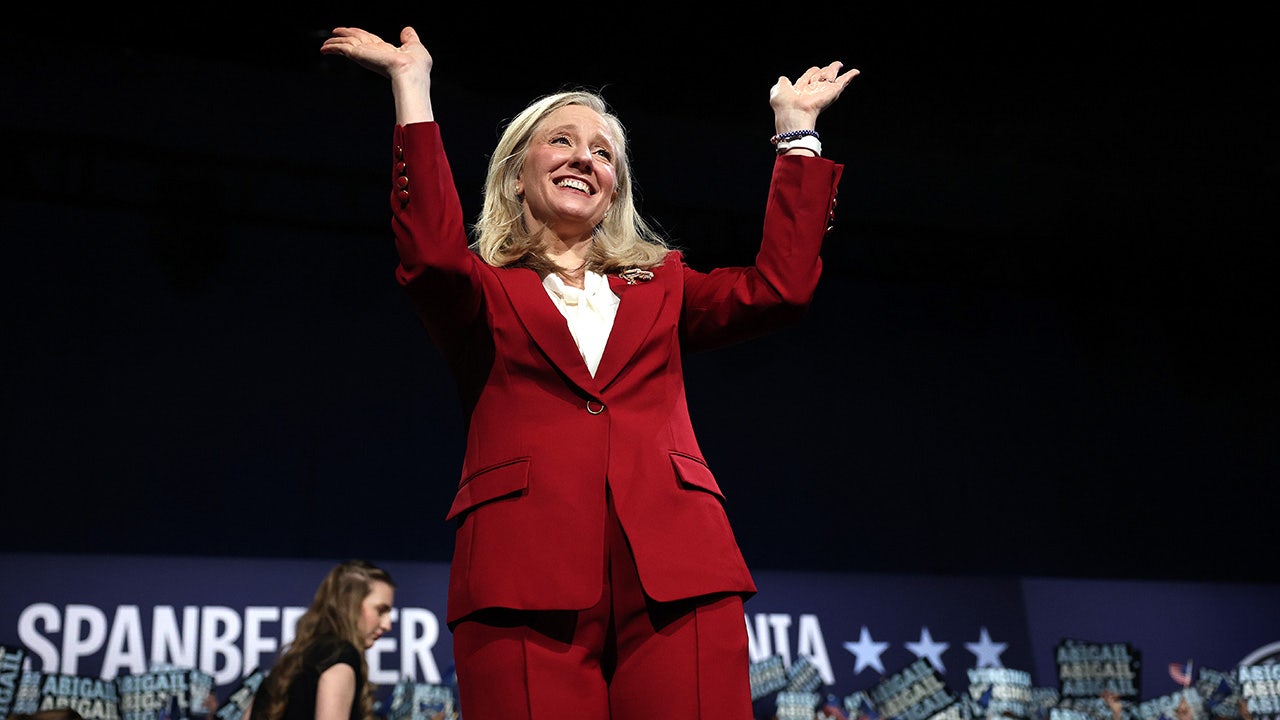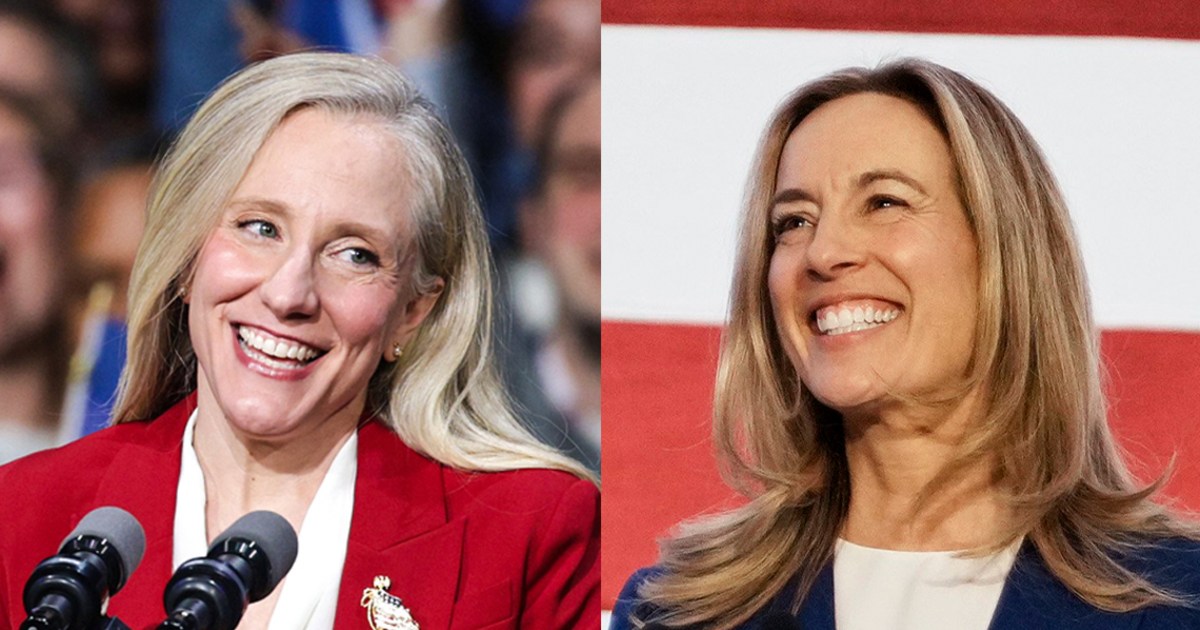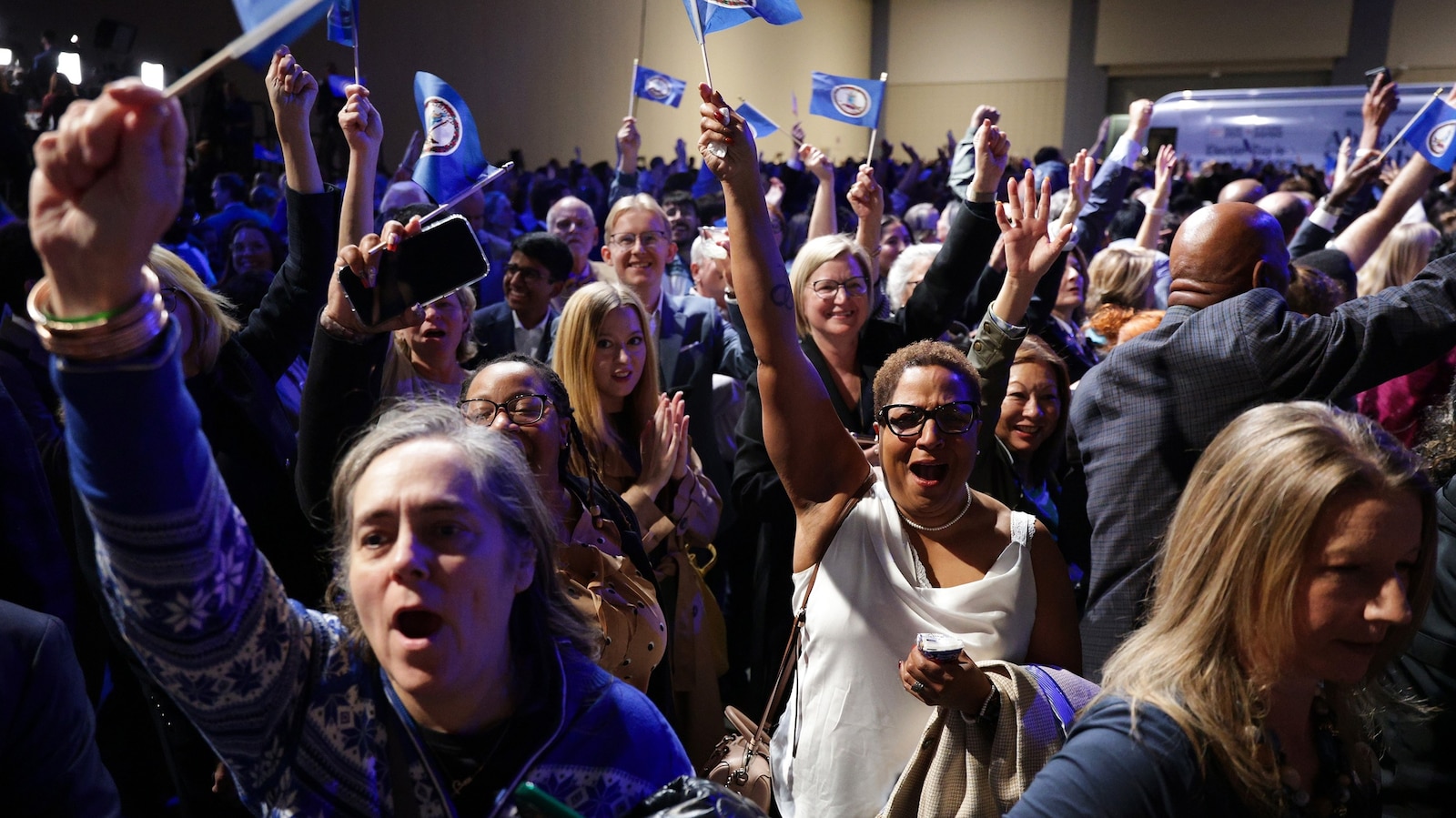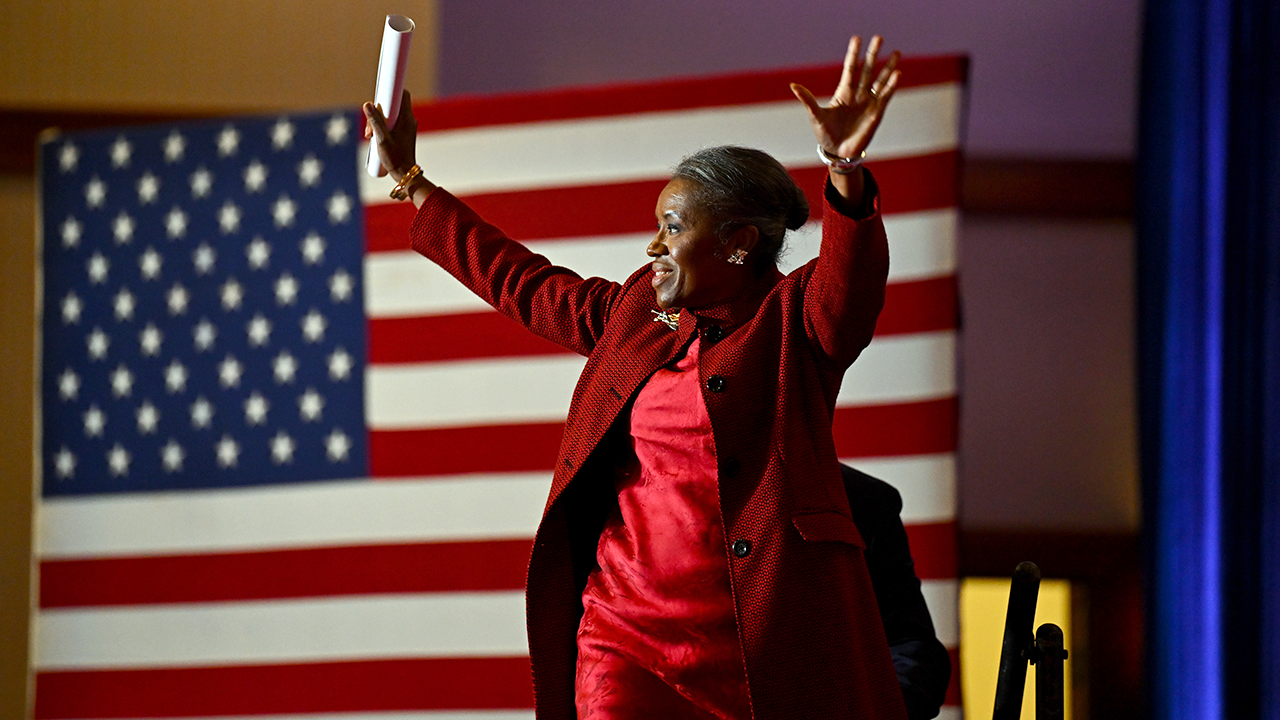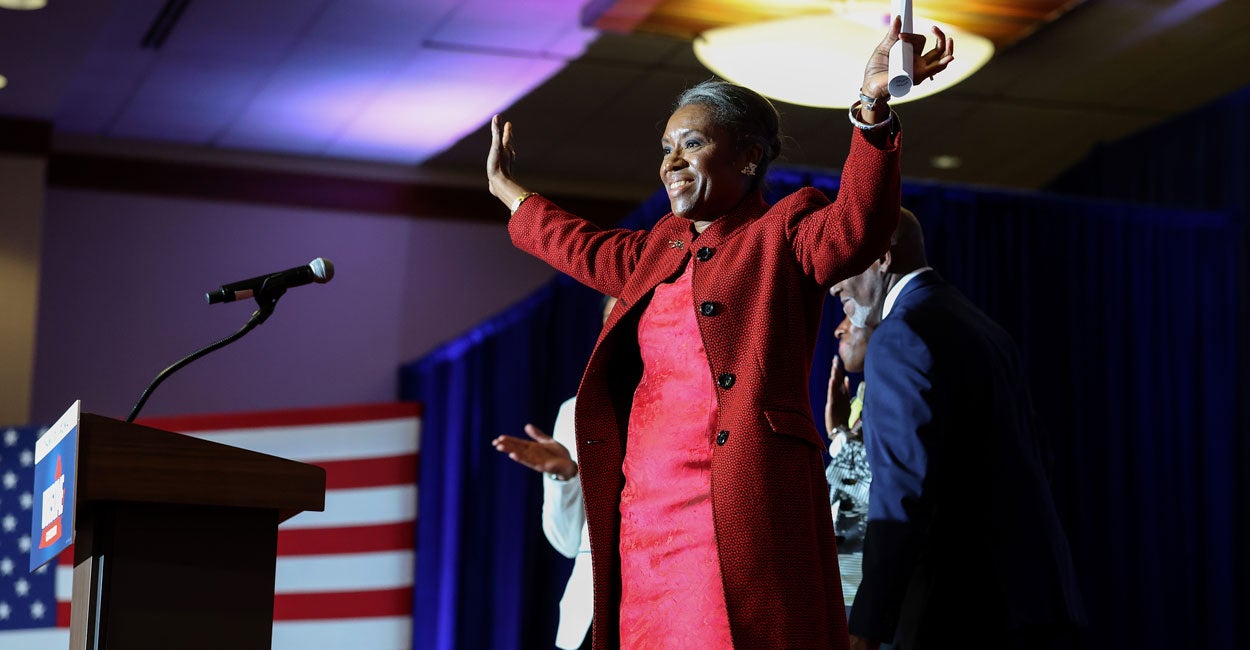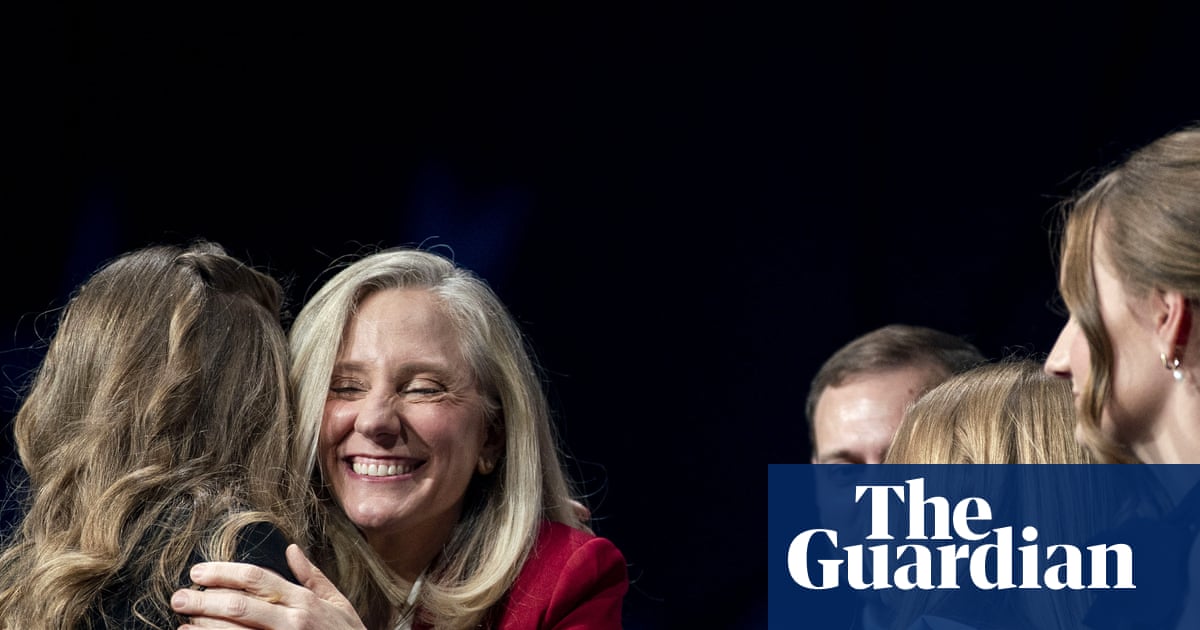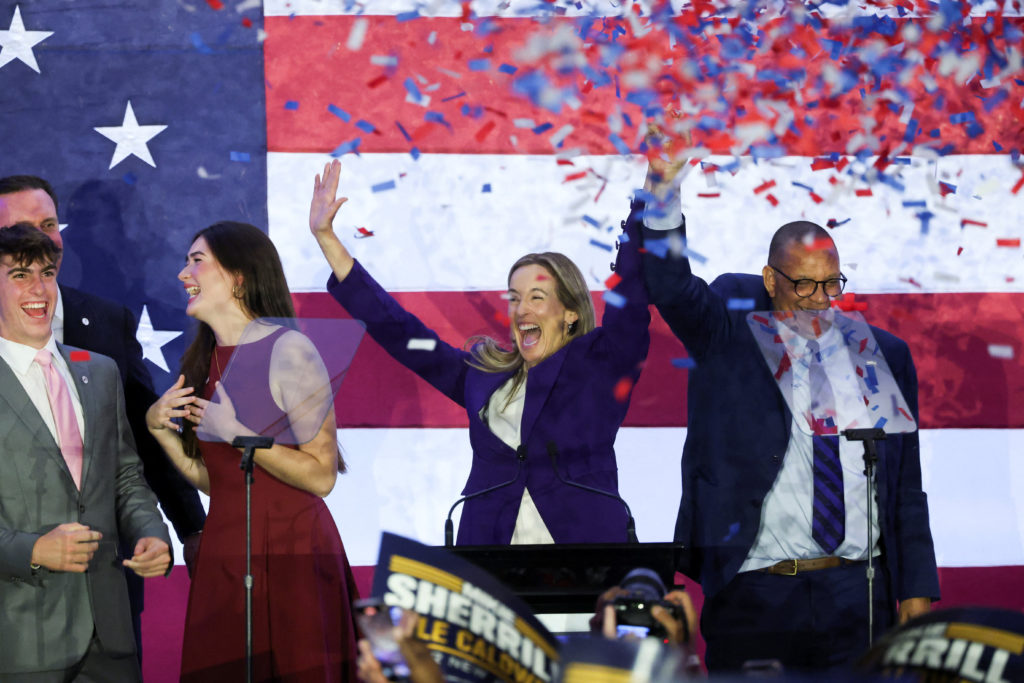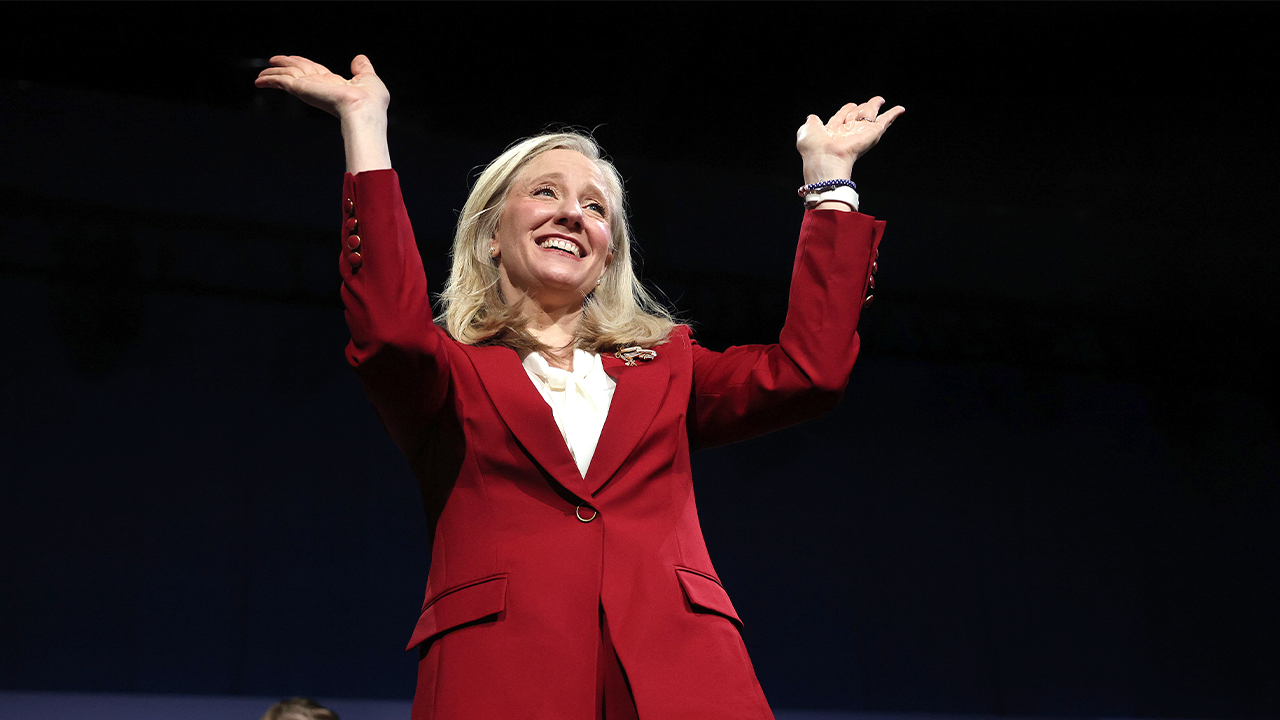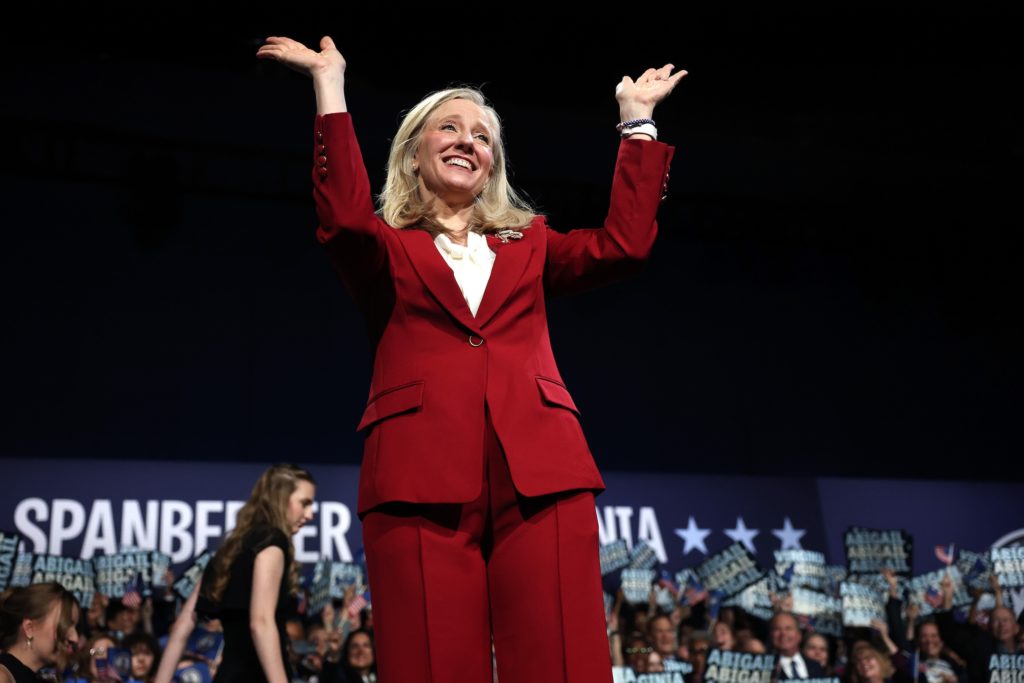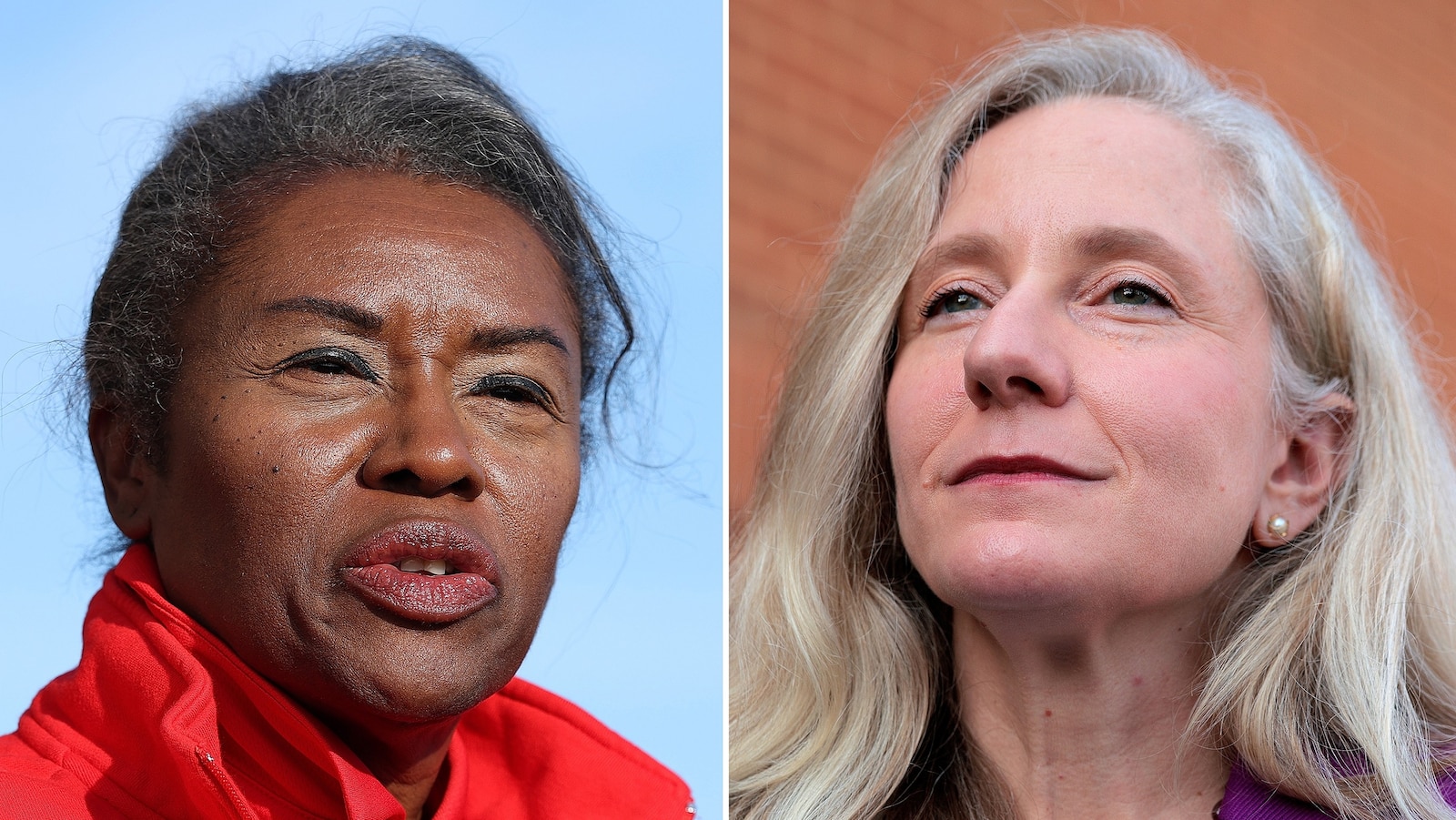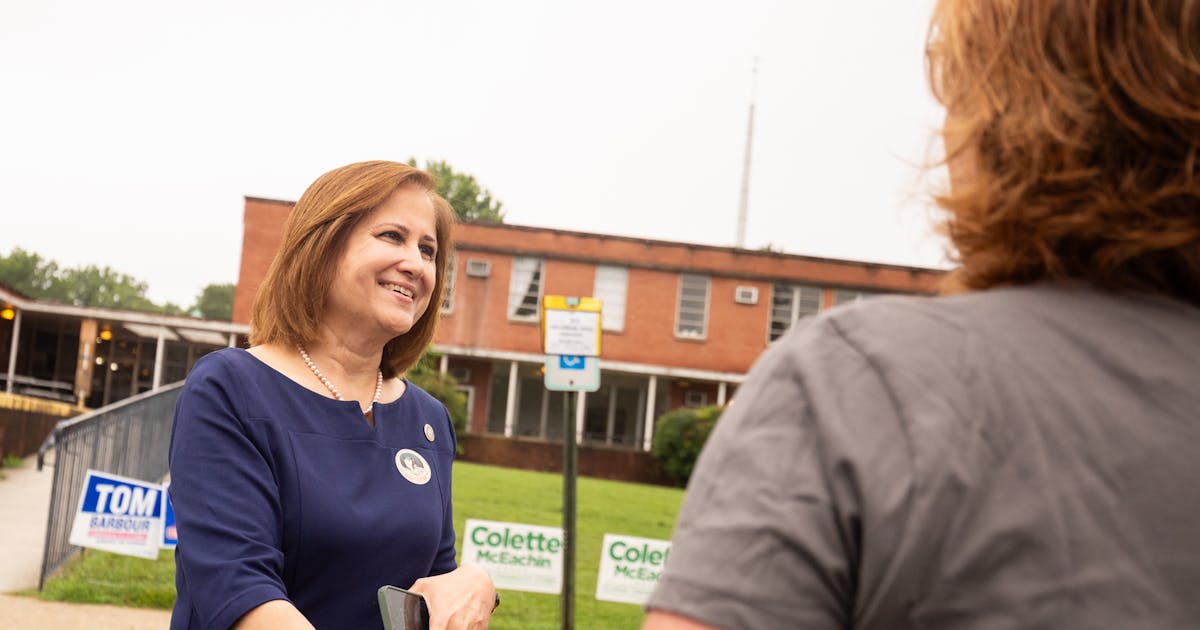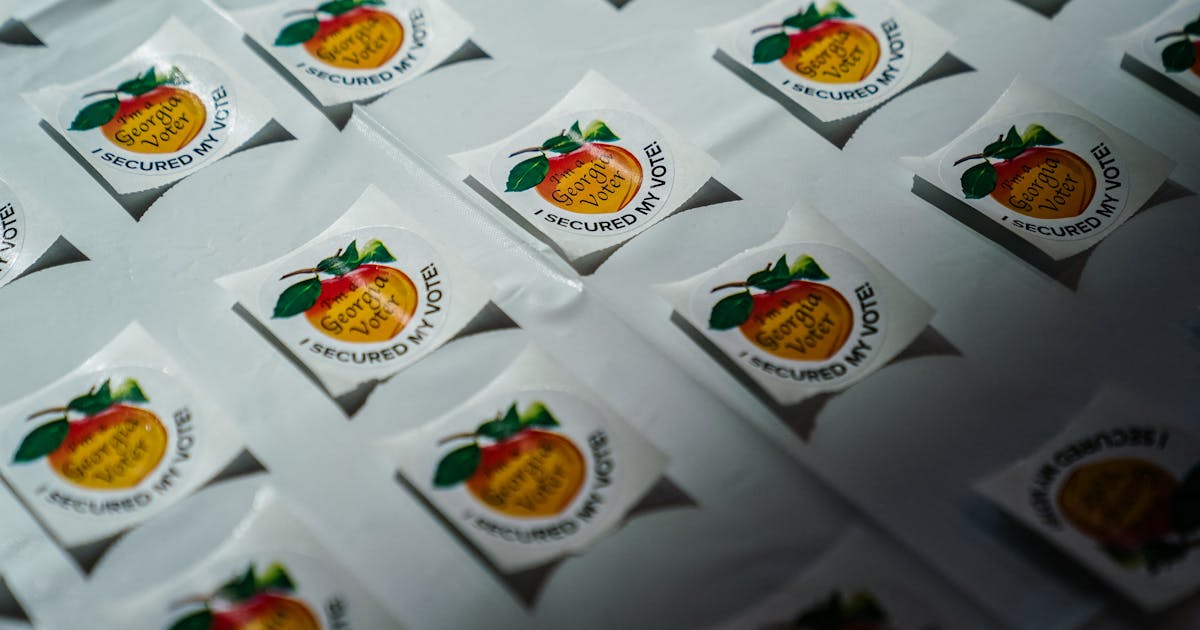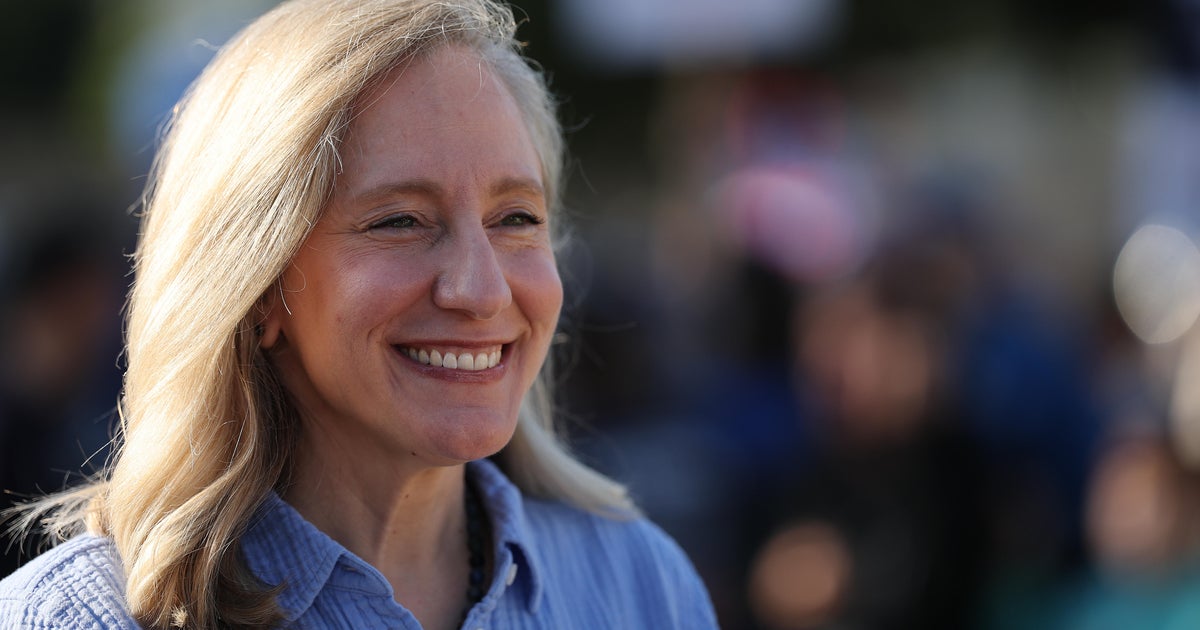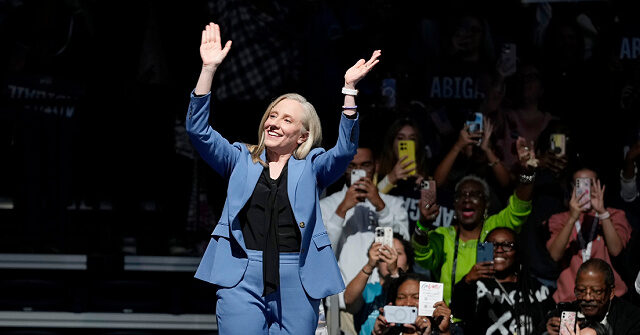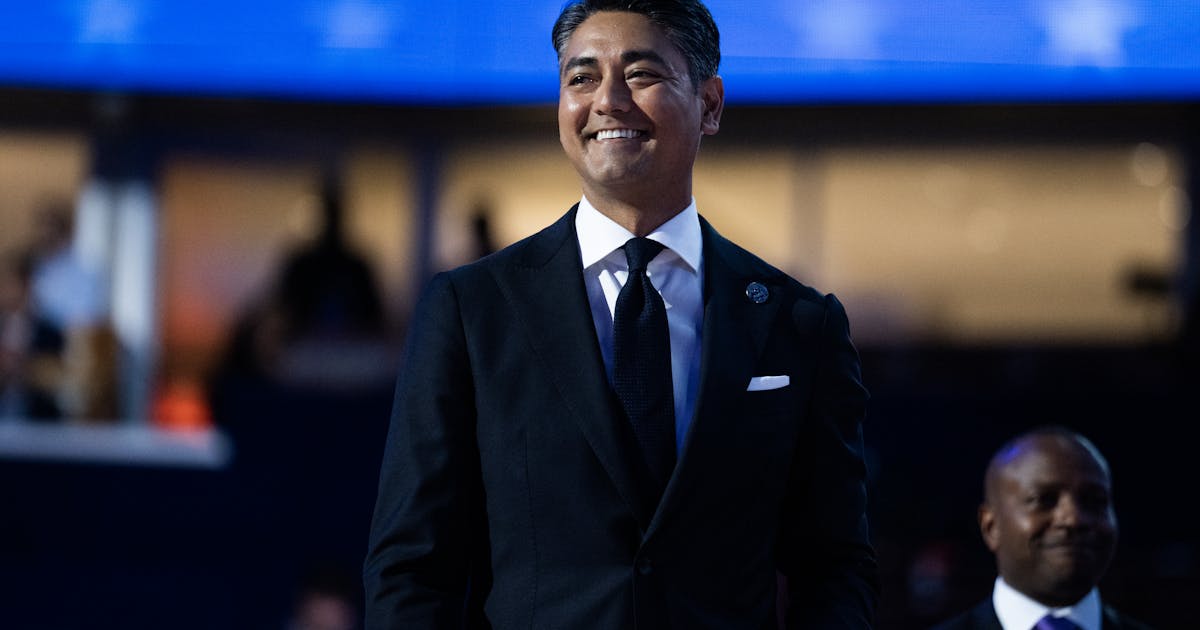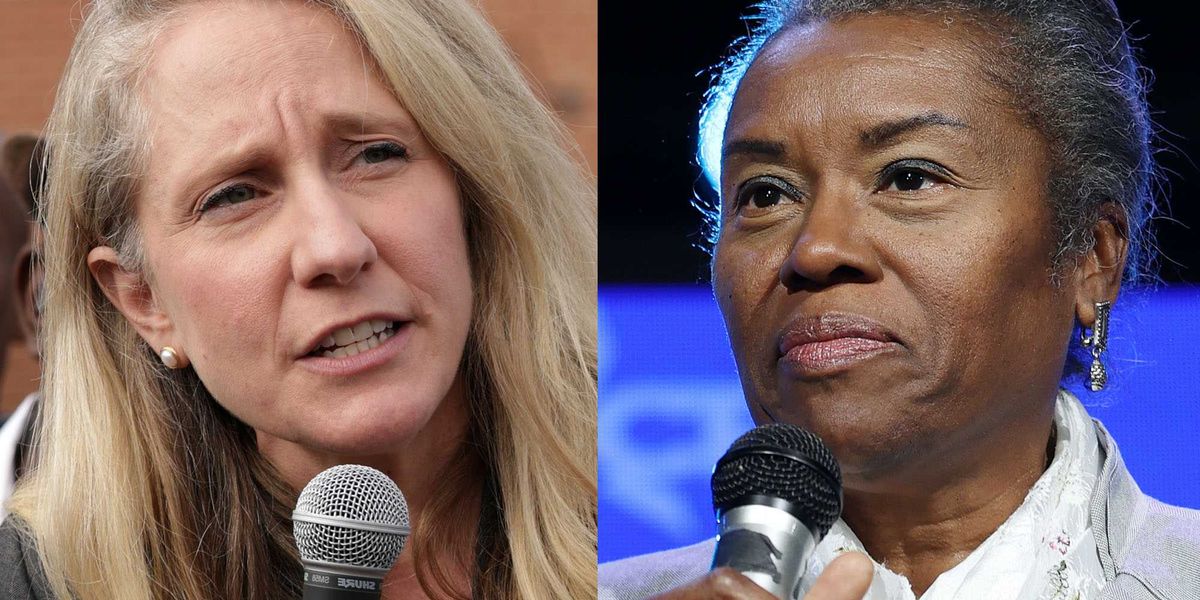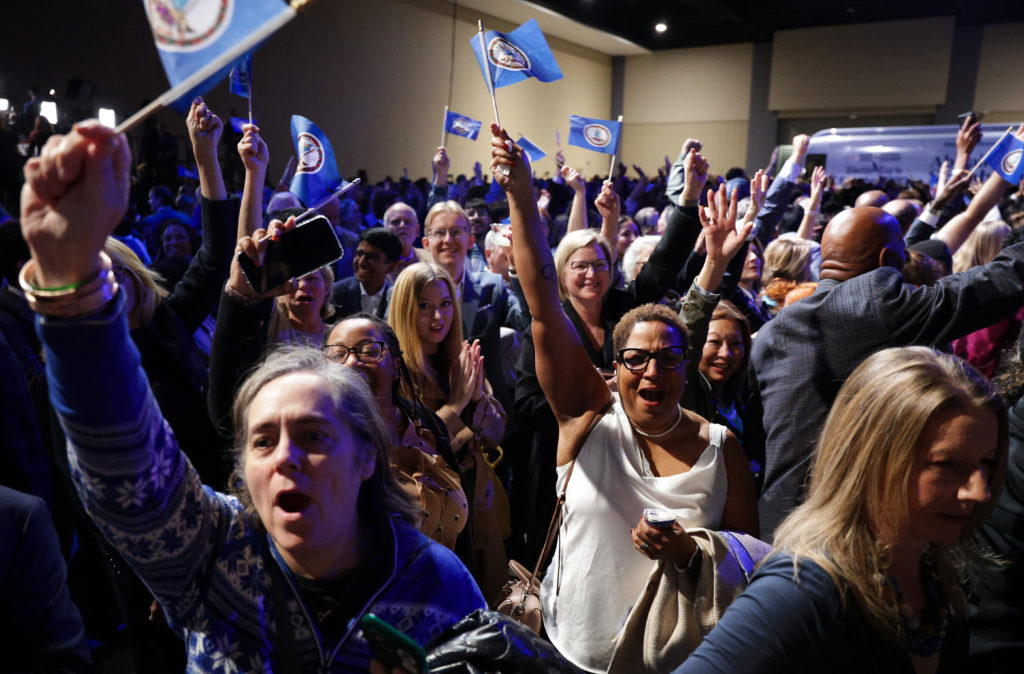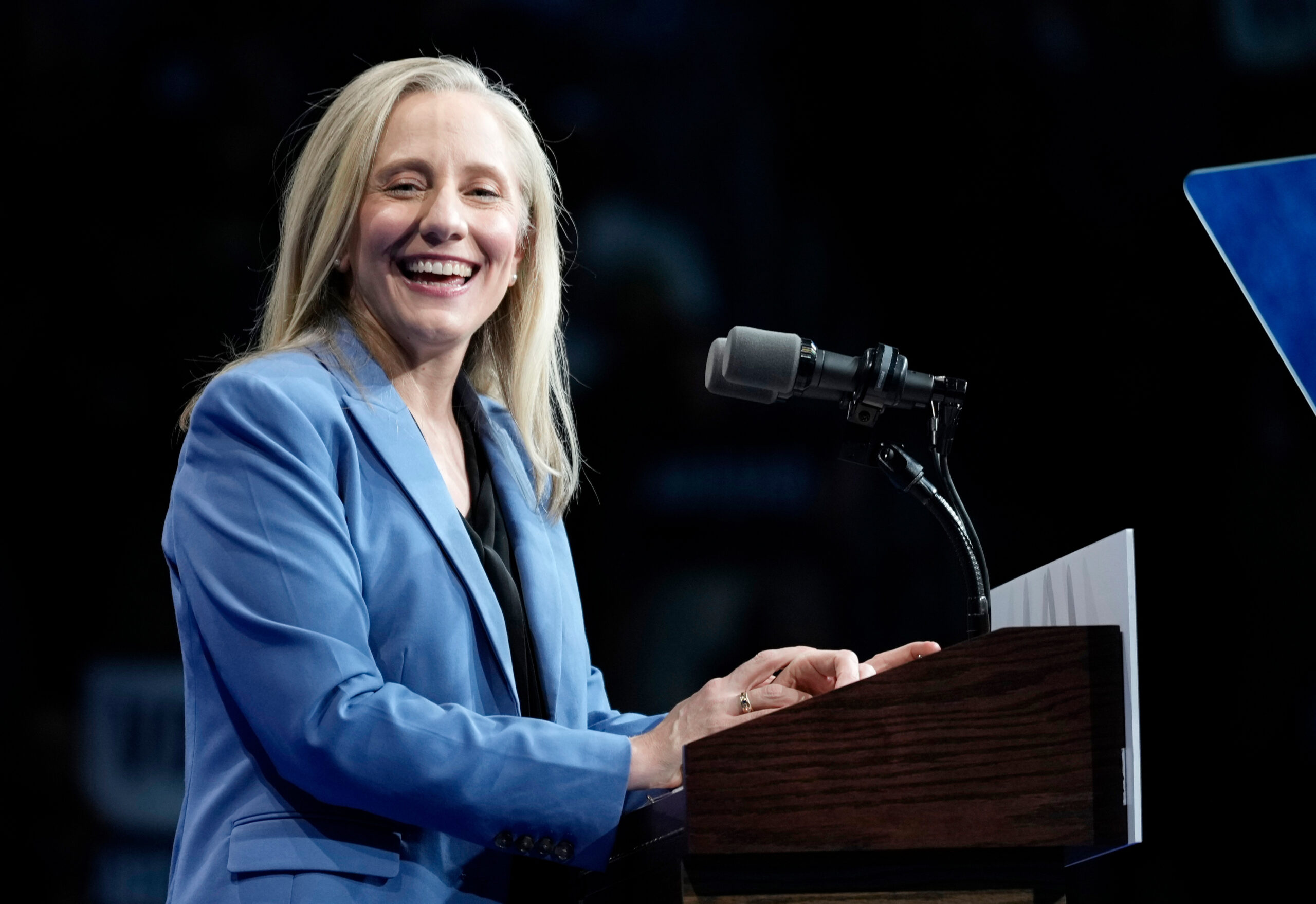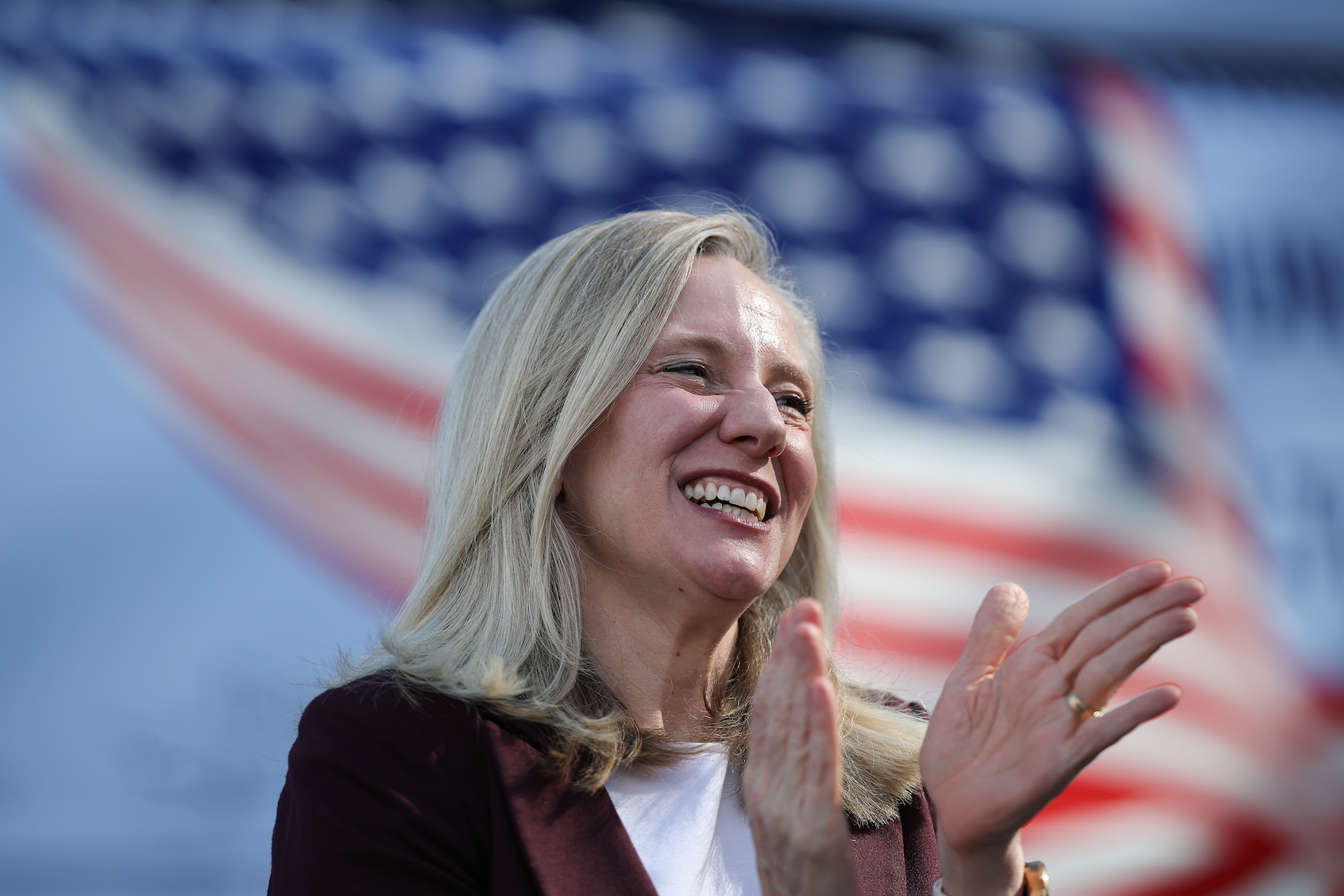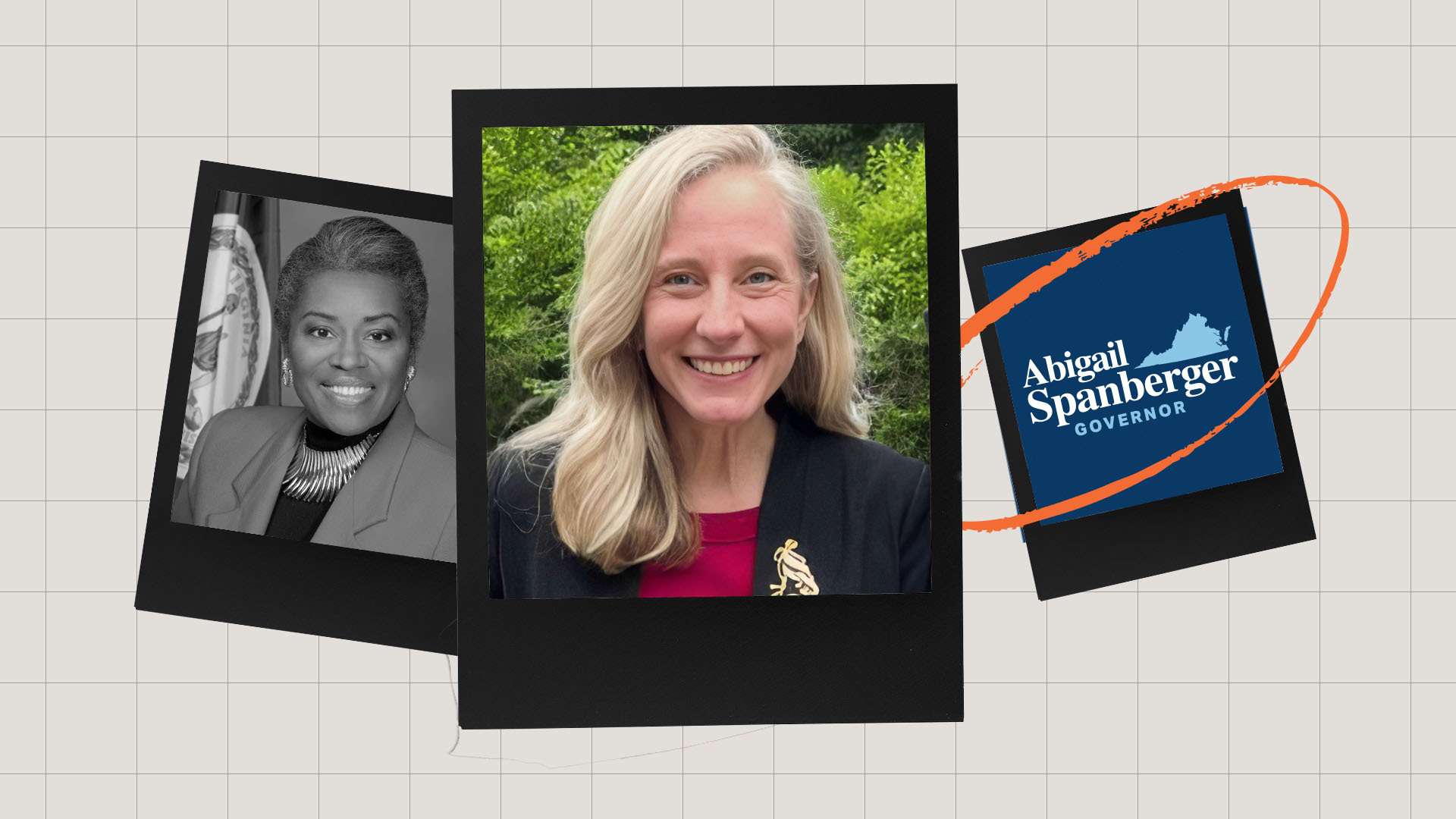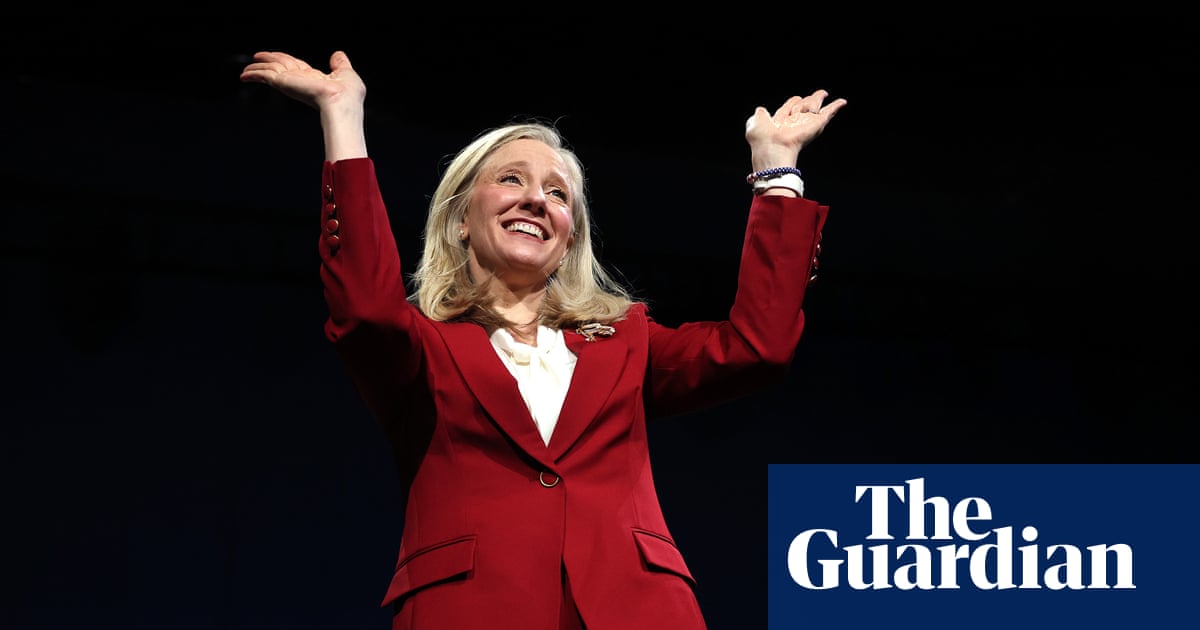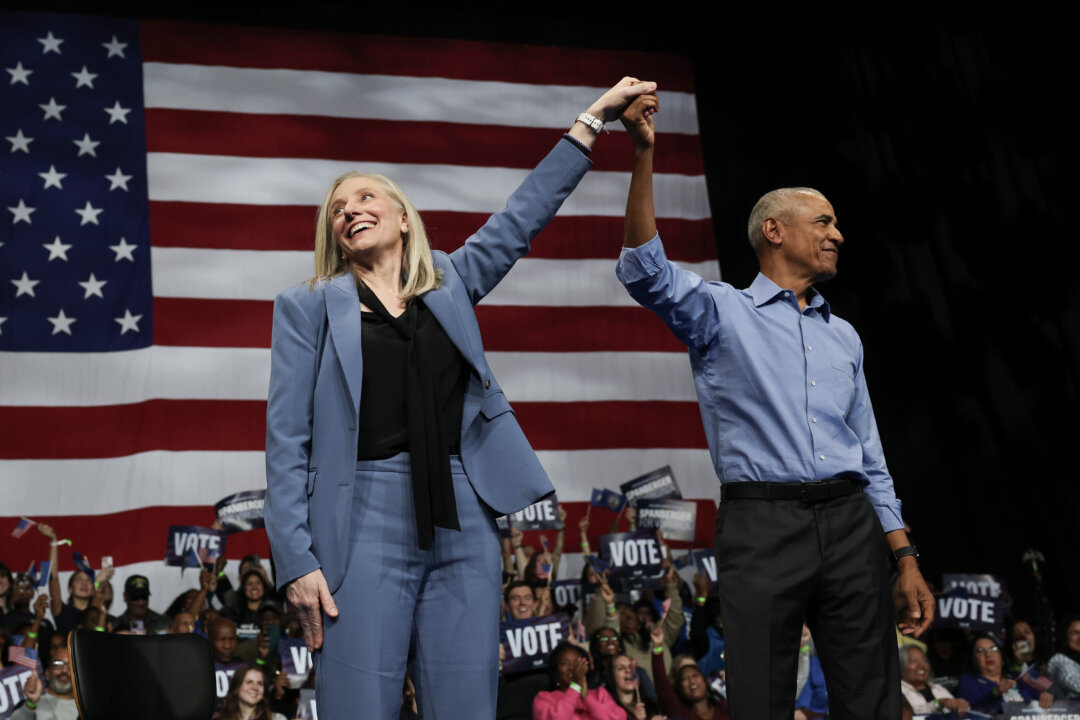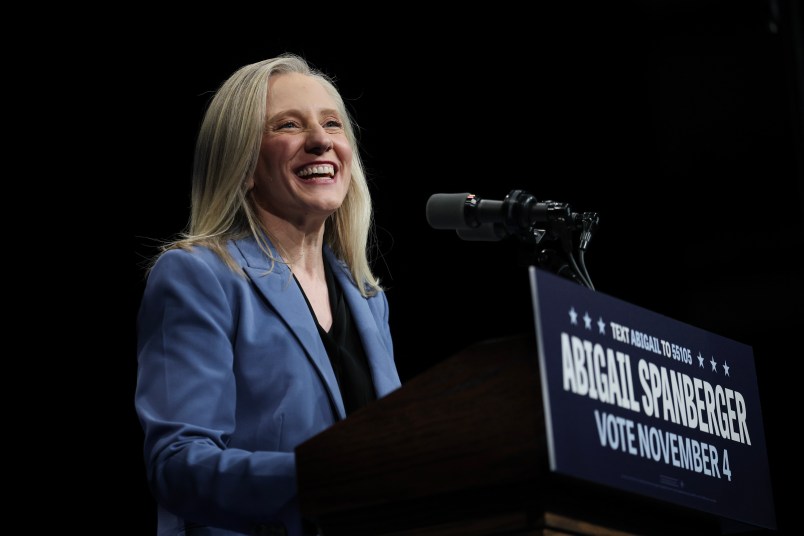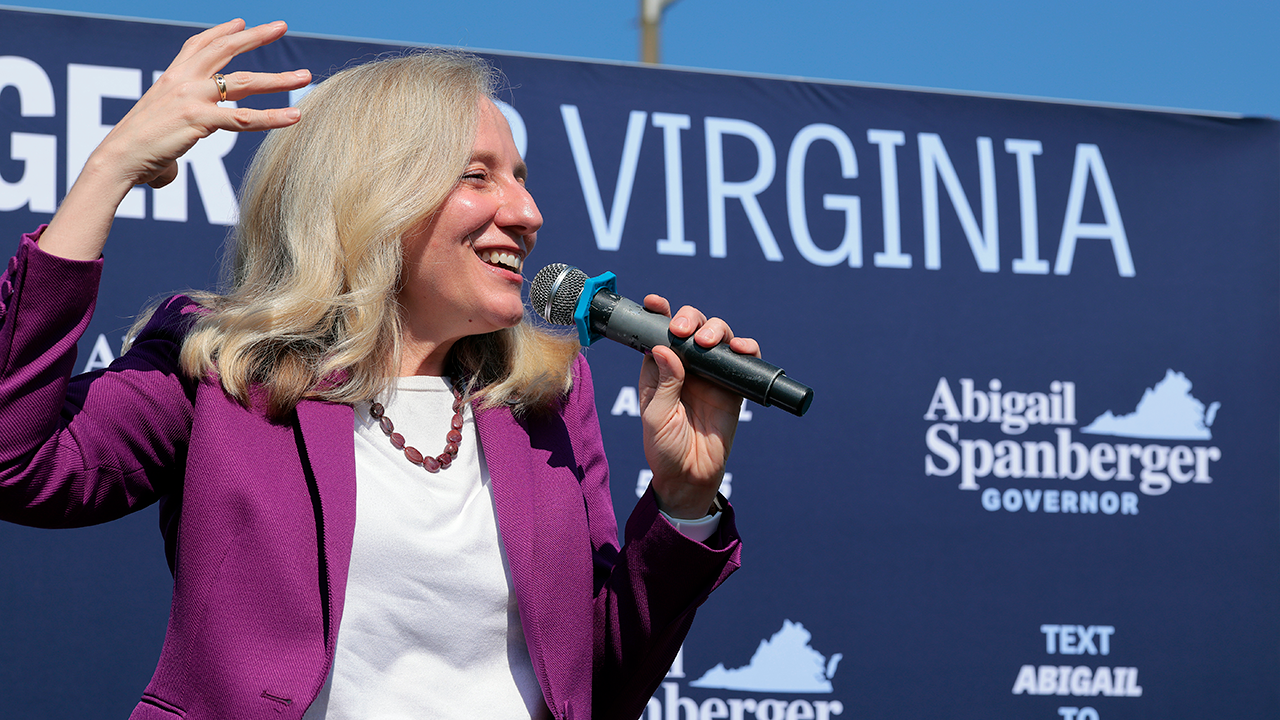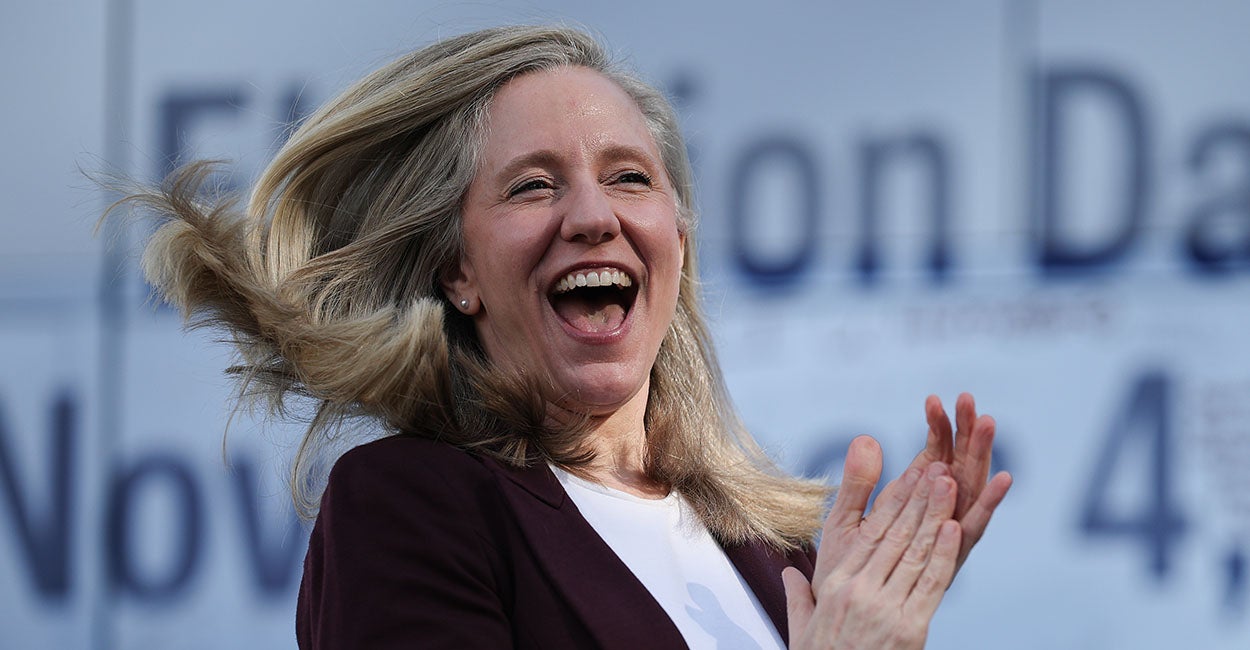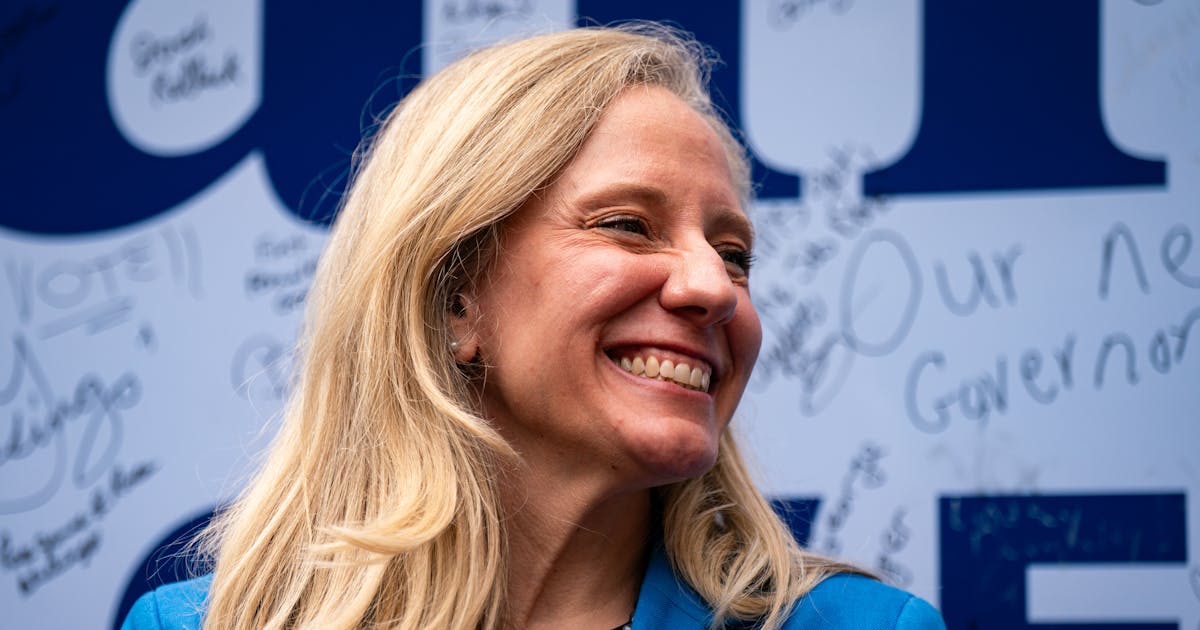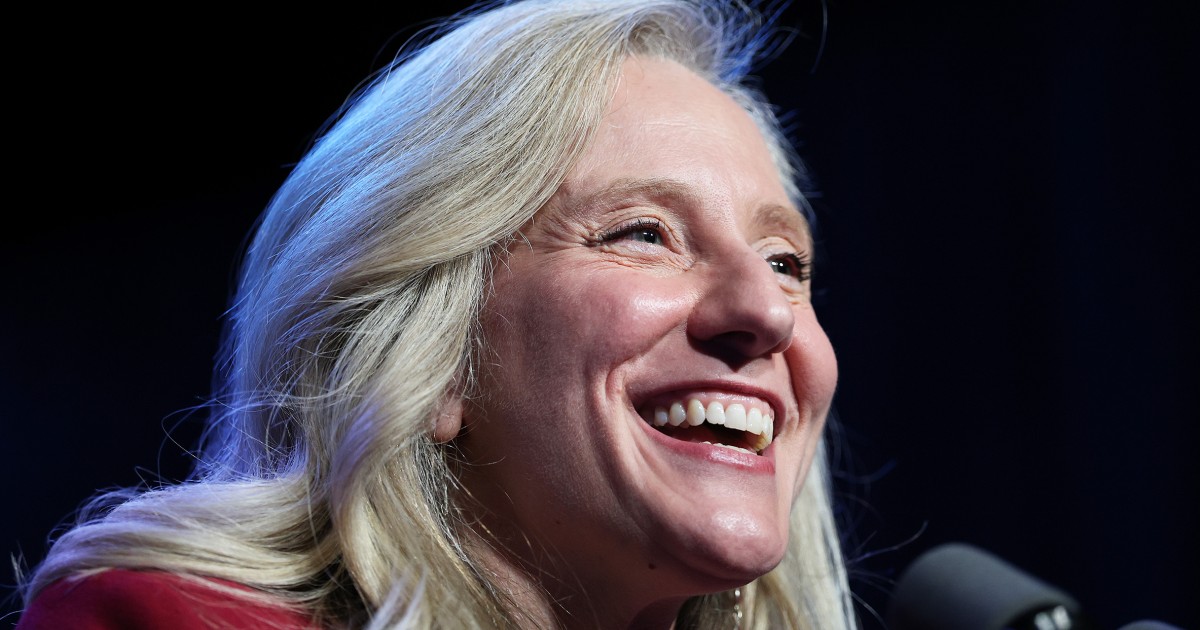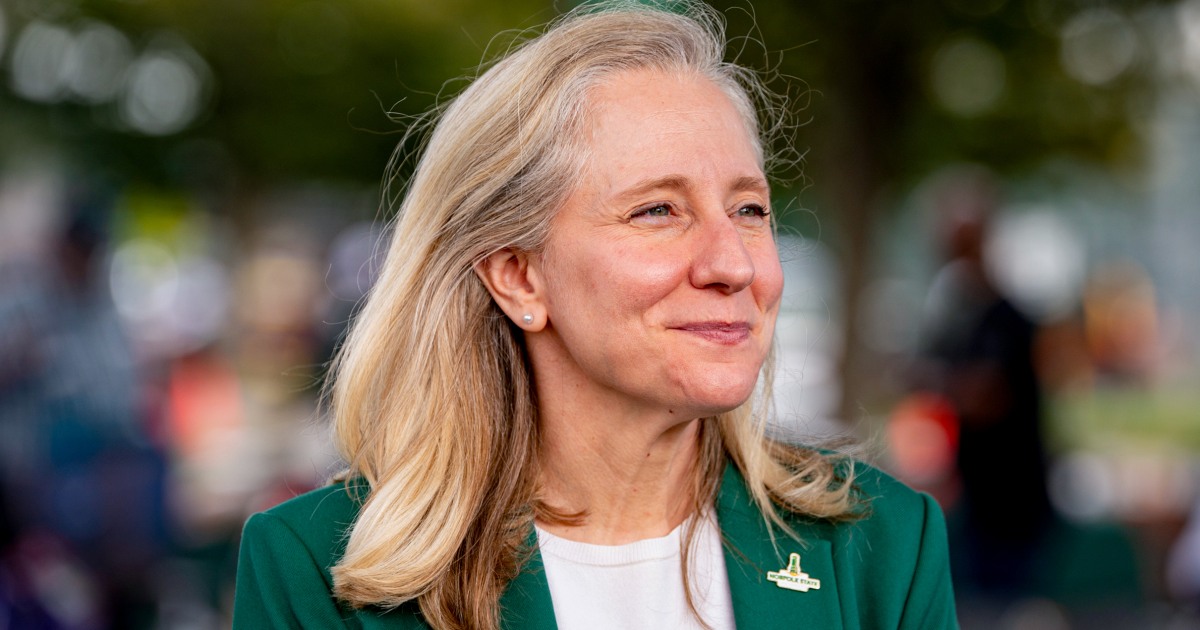Abigail Spanberger Wins Virginia Governorship, Earle-Sears Concedes and Offers Support
Abigail Spanberger won Virginia's governor race, becoming the state's first female governor and flipping control to Democrats. Winsome Earle-Sears conceded, expressing pride and offering to volunteer.
Overview
- Abigail Spanberger defeated Republican Winsome Earle-Sears in Virginia's gubernatorial race, securing a historic win and flipping control of the governorship to Democrats.
- Spanberger's victory marks her as Virginia's first female governor, a significant milestone acknowledged by both her campaign and her opponent.
- Winsome Earle-Sears conceded the Virginia governor race, expressing pride in her campaign and acknowledging the historic election of Virginia's first female governor.
- Earle-Sears further demonstrated a spirit of cooperation by offering to volunteer for Spanberger's administration, highlighting a notable post-election gesture.
- This Democratic win in Virginia, alongside other significant victories, is viewed as an important political indicator for future competitive elections and upcoming midterms.
Report issue

Read both sides in 5 minutes each day
Analysis
Center-leaning sources frame the Democratic election victories as a significant "turn of the tide" and a "major test" for the party, particularly after previous losses. They emphasize the wins as a direct message to President Trump, linking Democratic success to voter dissatisfaction with the economy and the Trump administration's policies. The narrative highlights Democrats being "on the offensive" and effectively capitalizing on national political sentiment.
Articles (42)
Center (10)
FAQ
Governor-Elect Spanberger aims to boost Virginia's economy by attracting business investment, investing in infrastructure, preparing the workforce for 21st-century jobs, ensuring affordable healthcare and childcare, expanding housing opportunities, and improving public schools. She also plans to protect voting rights, support criminal justice reform (including the restoration of voting rights for formerly incarcerated individuals), and safeguard civil rights for marginalized communities, including LGBTQ+ Virginians.
Winsome Earle-Sears conceded the race gracefully, expressing pride in her campaign and acknowledging the historic significance of Virginia electing its first female governor. Notably, she offered to volunteer for Spanberger's administration, demonstrating a cooperative spirit uncommon in highly partisan races.
Spanberger supports efforts to restore voting rights to formerly incarcerated individuals, advocating for a constitutional amendment to automate this process. She has a record of supporting voting rights protections in Congress and, as governor, will oppose measures that make it harder to vote. She also backs removing the ban on marriage equality from Virginia's constitution.
Spanberger's win, alongside other Democratic victories, is seen as a significant political indicator ahead of future competitive elections and the upcoming midterms. It reflects a potential shift in voter sentiment and could influence redistricting efforts in Virginia, countering GOP-led gerrymandering in other states.
While the story summary does not detail Spanberger's specific positions on abortion and climate, her opponent, Winsome Earle-Sears, opposed adding reproductive rights to the Virginia constitution, supported abortion bans (including a 15-week ban), and voted against guaranteeing contraception rights. On climate, Earle-Sears acknowledged it as a threat but did not fully align with progressive environmental policies. Spanberger's platform emphasizes expanding rights and investment in infrastructure and education, suggesting a more progressive stance overall.
History
- 16h

 7 articles
7 articles
- 18h

 30 articles
30 articles
